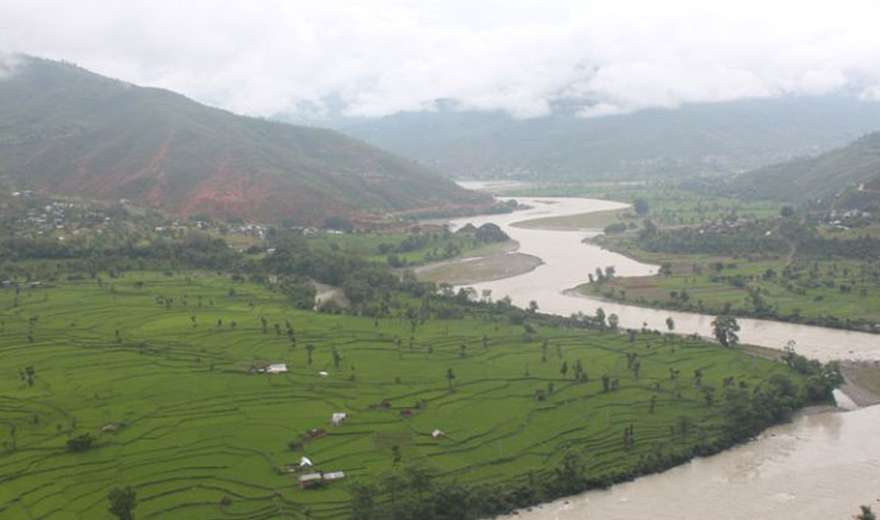By Dev Kumar Sunuwar
More than 50 per cent of the protected land of the world is inhabited by Indigenous Peoples. In South American countries like Brazil, Bolivia, Chile, Columbia as well as the United States and Canada, Indigenous Peoples own, manage and preserve nearly 90 per cent of the protected land. About 80 per cent of the world's flora and fauna are found in the area where Indigenous Peoples have been living for ages. Indigenous People always have inseparable relations with land, jungle, cattle and natural resources, which are not just means of production and livelihood but also integral parts of their collective identity, history, knowledge, religious practices, spiritual beliefs and lifestyle.
Most of those Indigenous Peoples who manage and preserve natural resources and diversity are living in deplorable conditions, not just deprived of basic amenities but also neglected by their governments.
Nevertheless, most of those Indigenous Peoples who manage and preserve natural resources and diversity are living in deplorable conditions, not just deprived of basic amenities but also neglected by their governments. Protected areas are often declared without Free, Prior and Informed Consent of Indigenous Peoples living there, and they are prevented from using natural resources. International laws require the states to ensure Indigenous People's prior rights over natural resources, their participation in formulating any acts, policies and programs that could affect their prior rights and their Free, Prior and Informed Consent in any projects that could affect their lives, livelihood, identity and cultural and religious practices.
In the recent IUCN World Conservation Congress, which was held in Hawaii of the US, the United Nations Special Rapporteur Victorial Tauli-Corpuz had highlighted these issues. More than 9,500 government representatives, NGO activists working to preserve nature, environment and rights of Indigenous People and conservation activists had participated in this conference, which takes place every four years. It was organised from 1 to 10 September this year.
Relations between Indigenous People and natural resources existed long before the states were created. They did not have legal documents to prove the ownership of the lands where they had been living for centuries. So their lands were captured by the states. They became illegal occupants of the lands where they were born, and where their civilization had evolved.
Relations between Indigenous People and natural resources existed long before the states were created. They did not have legal documents to prove the ownership of the lands where they had been living for centuries. So their lands were captured by the states. They became illegal occupants of the lands where they were born, and where their civilization had evolved. It was a form of colonization. With the use or manipulation of the doctrine of Terra Nullius or the Regalin Doctrine – colonial laws that enable the colonizer to hold rights over lands, Indigenous People were colonized on their own ancestral lands by the states. They were evicted from their lands, and they continue to be displaced in the name of development projects.
In Nepal, India and African countries, Indigenous People's lands have been seized from them and they have been prevented from using natural resources. As a result, their lives are at risk; their livelihood is difficult; and their identity, culture, tradition, religion and history are threatened. At the IUCN Congress, UN Special Rapporteur Tauli-Corpuz urged the states to respect international laws, treaties and conventions that bind their governments to acknowledge Indigenous People's Rights over local resources. She also asked the governments that have ratified these international laws to not allow any projects that have not secured Free, Prior and Informed Consent of Indigenous People. She asked the states to recognise indigenous knowledge and skills.
